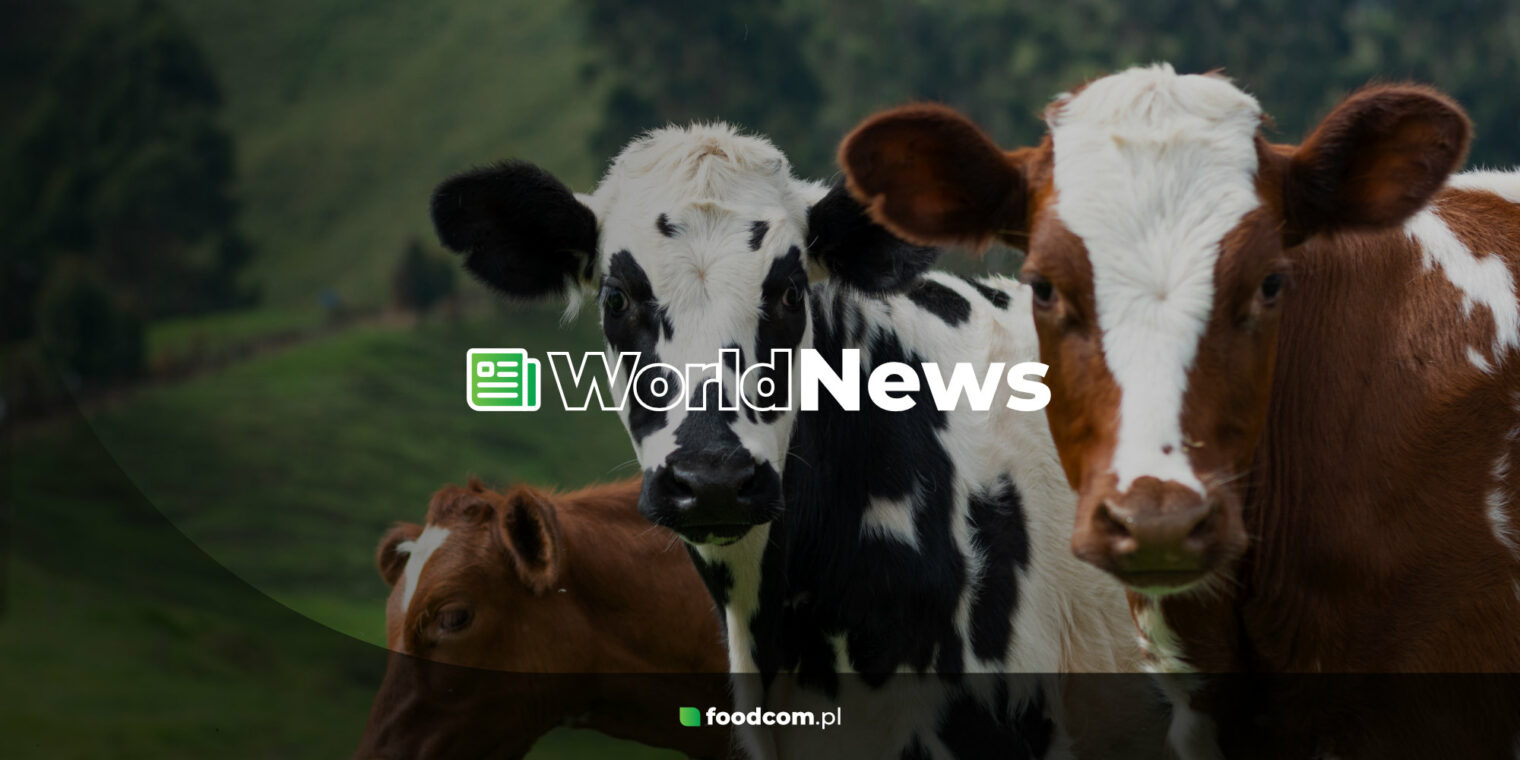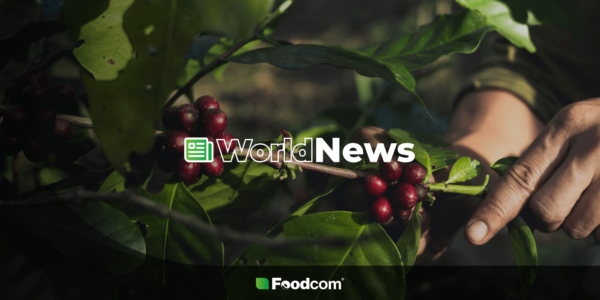Contaminated feed and botulism cases in British flocks
The UK has been struggling with a botulism outbreak in recent weeks, resulting in hundreds of cattle dying or being put to sleep. Botulism-infected feed has been withdrawn from the market. The case is being investigated by the Animal and Plant Health Agency (APHA) and the Food Standards Agency (FSA). The source of the contamination has still not been established.
The situation is hitting the feed sector hard and raising concerns about the stability of the supply chain. UK suppliers are struggling not only with financial losses, but also with the loss of trust of existing regular customers. The last wave of botulism in England took place in 2017.
Illegal imports and food security crisis
These are not the only problems in the UK zoonotic market. The British Parliament has warned of the alarming scale of illegal imports of meat and dairy products. They enter the country in unhygienic conditions, increasing the risk of the spread of serious animal diseases such as foot and mouth disease and African swine fever.
Combined with the risks posed by contaminated feed, the smuggling problem points to a deeper food security crisis in the UK. The British Pig Farmers Association (NPA) is calling for urgent action by the authorities to minimise the risk of destabilisation in the meat, dairy and feed sectors. They are calling for heavy fines and more consistent prosecution of smugglers.
Low public awareness of the risk of animal diseases and a lack of knowledge of the regulations governing the transport of food means that the illegal trade thrives virtually unchecked. During one visit to the Port of Dover, staff discovered a whole pig stuffed in a suitcase. Its legs had been cut off to make it fit inside. Such examples demonstrate the scale of the problem and the lack of effective surveillance tools.









